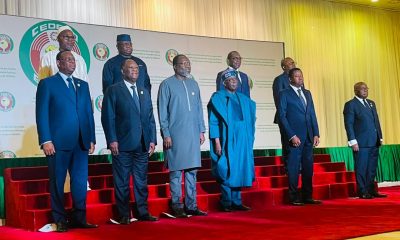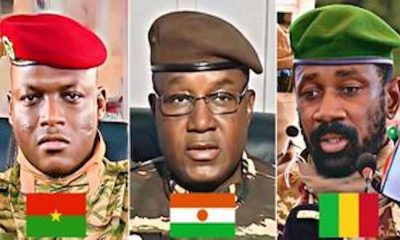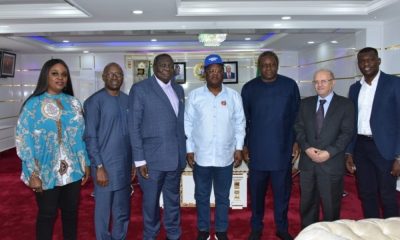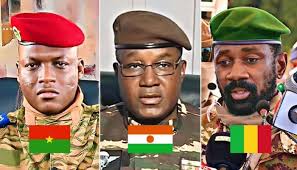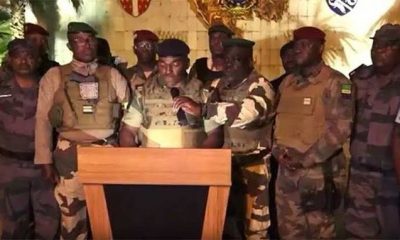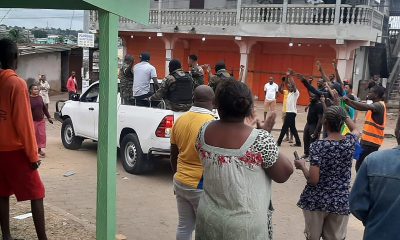Former Head of State Gen. Yakubu Gowon has called on ECOWAS member states to work closely to make the sub-region disease-free to facilitate development in the area.
Gowon, a founding father of the sub-regional body, made the call while addressing the Authority of Heads of State and Government at the 40th anniversary celebration of ECOWAS in Abuja on Thursday.
He said enhanced efforts by member states to improve on the health sector would promote economic development in the sub-region.
He commended the efforts of member states in building on existing protocols and emphasised the need for governments in the sub-region to “make the body have more direct impact on the people”.
· Cue in audio
“Today, the largely economic and social protocols that we endorsed in May 1975 have blossomed and yielded several other major protocols.
“Today, we have many major protocols on democracy, the judiciary and on the parliament in addition to those on defence, security, and free movement across West Africa.
“I commend the strategic decision of ECOWAS to vigorously combat malaria, HIV/AIDS, polio and other debilitating diseases in West Africa; but then the battle cannot be left to ECOWAS alone or to the governments of the various states.
“A sustained multi-sectoral approach is needed, which would require long-term collaboration of both the private and public sectors working as a team to make West Africa truly disease-free.
“A sub-region of healthy, resourceful and productive people will readily defeat poverty and achieve the greatest good of the greatest number; this is the ideal we must all make a commitment to achieve.
“This is the ideal that current and future generations of leaders and the people must vigorously pursue, for in it is embedded in the true meaning of integration in West Africa.”
· Cue out audio
In his message of solidarity and goodwill, UN Secretary-General, Ban Ki-moon commended the sub-regional bloc for efforts it had made in the promotion of economic growth and development.
Ki-moon, who was represented by the Head of the UN Office for West Africa, Dr Ibn Chambas, reiterated the need for both bodies to enhance collaboration to address challenges in the sub-region.
“Over the last four decades, ECOWAS member states have made important progress in promoting economic growth and development and advancing peace and prosperity for the peoples of West Africa.
“Formidable challenges lie ahead across our shared agenda of peace and security, sustainable development and human right.
“We must work together to expand these opportunities including through quality education for children and wider horizons for women and girls and safe and secure communities for all.”
The secretary-general also reiterated the commitment of the UN to leverage the support of the international community to support the West African sub-region.
In his remarks, the President of the ECOWAS Commission, Amb. Kadré Ouedraogo, outlined the successes recorded by the sub-region in achieving economic integration.
Ouedraogo explained that the sub-region as so far been able to increase effectiveness in conflict and crises prevention and resolution, and peacekeeping “particularly through an efficient early warning system”.
He reiterated that the sub-region had achieved a customs union with the establishment of the Common External Tariff adding that progress was made towards the establishment of a single currency in 2020.
He also said that the adoption of the single biometric identity card to replace the residence permit were strides made in achieving integration.
Highlights of the celebration included the presentation of the specimen of the ECOWAS Biometric Identity Card to the Heads of States and Government by the commission’s president.
Other highlights include the presentation of honorary plaques to founding fathers of the ECOWAS.
The event had in attendance presidents of Benin Republic, Burkina Faso, Cote d’Ivoire, The Gambia, Ghana, Guinée, Guinea Bissau, Mali, Nigeria, Senegal and Togo.
Presidents of Niger, Sierra Leone, Cape Verde were and Liberia were also represented.
Other participants include representatives of the United Nations, the European Union among other partner organisations and members of the diplomatic corps.

 Featured1 week ago
Featured1 week ago
 Crime1 day ago
Crime1 day ago
 Crime1 week ago
Crime1 week ago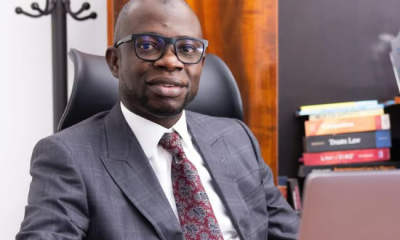
 Featured1 week ago
Featured1 week ago
 Editorial5 days ago
Editorial5 days ago
 Business7 days ago
Business7 days ago
 Agribusiness3 days ago
Agribusiness3 days ago
 Business4 days ago
Business4 days ago


